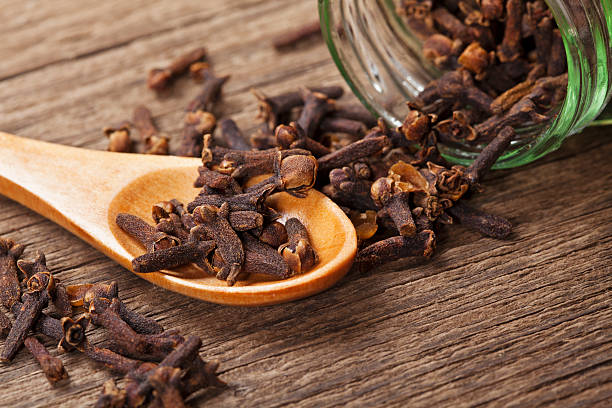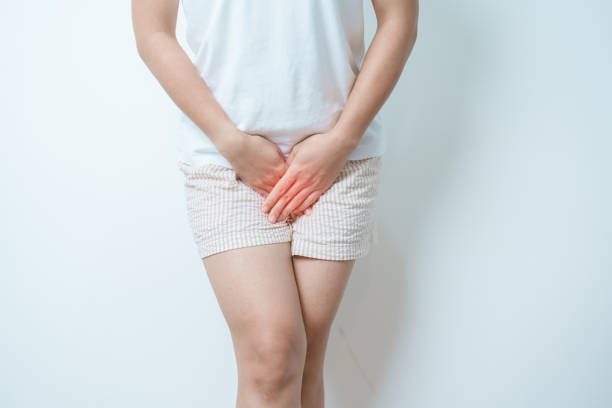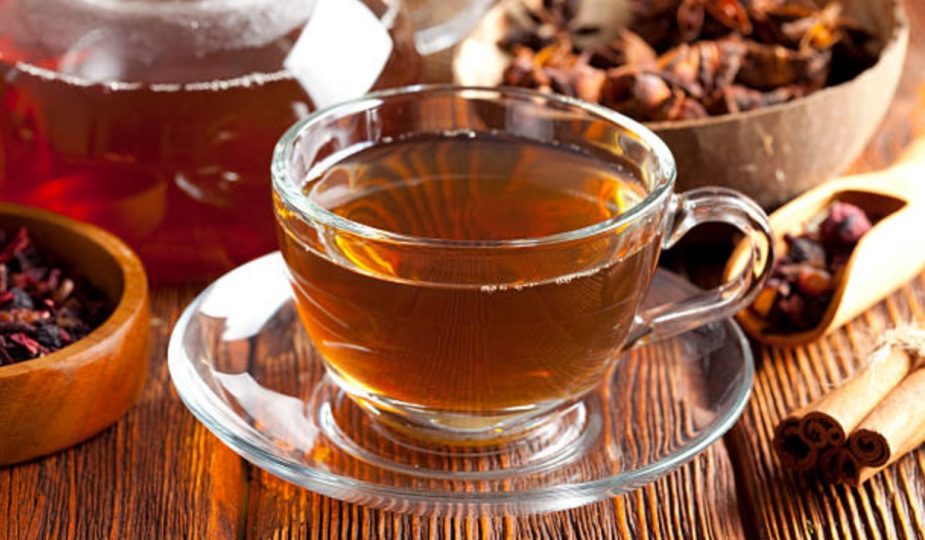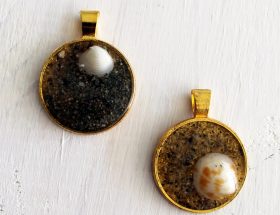Can Clove Water Treat Vaginal Infections? A Comprehensive Guide
Vaginal infections can be uncomfortable, prompting many women to seek natural remedies for relief. One remedy that has gained popularity is clove water. While cloves are widely known for their culinary and medicinal uses, can they genuinely help treat vaginal infections?
This article explores what clove water is, the claims surrounding its effectiveness, and whether scientific evidence supports its use.
Table of Contents
- What Is Clove Water?
- Understanding Vaginal Infections
- The Connection Between Clove Water and Vaginal Infections
- Can Clove Water Cure Vaginal Infections?
- Natural Remedies vs. Medical Treatment
- Can Clove Water Help with Symptoms?
- How to Use Clove Water Safely
- Conclusion
What Is Clove Water?
Cloves are aromatic flower buds commonly used in various cultures for their strong flavor and medicinal benefits. Clove water is made by soaking cloves in water, allowing the essential oils and active compounds to infuse into the liquid.
Traditionally, clove water has been used as a home remedy for a variety of health issues, including digestive problems, dental pain, and infections. The key active ingredient in cloves is eugenol, a compound known for its antimicrobial, antifungal, and anti-inflammatory properties. This has led some to believe that clove water may help combat infections, including those affecting vaginal health.

Understanding Vaginal Infections
Before assessing the effectiveness of clove water, it’s essential to understand vaginal infections and their causes. The most common types include:
- Yeast Infections: Caused by an overgrowth of Candida yeast, leading to itching, irritation, and abnormal discharge.
- Bacterial Vaginosis (BV): Results from an imbalance in vaginal bacteria, often causing a fishy odor, thin discharge, and irritation.
- Trichomoniasis: A sexually transmitted infection (STI) caused by a parasite, leading to itching, burning, and foul-smelling discharge.
While these infections can be uncomfortable, they are generally treatable with over-the-counter or prescription medications. However, many women seek natural remedies, such as clove water, as alternative or complementary treatments.
The Connection Between Clove Water and Vaginal Infections
The idea that clove water can treat vaginal infections stems from the antimicrobial properties of eugenol. Some studies suggest that eugenol has antifungal and antibacterial effects, which in theory could help eliminate harmful bacteria or yeast responsible for infections.
However, the question remains: is clove water an effective treatment for vaginal infections?

Can Clove Water Cure Vaginal Infections?
Despite claims about clove water’s potential benefits, scientific evidence supporting its use as a cure for vaginal infections is limited. Here’s why:
- Lack of Clinical Research: Most studies on cloves and eugenol focus on their antimicrobial effects in laboratory settings rather than on actual human infections. Research specifically on clove water’s effectiveness in treating vaginal infections is scarce.
- Dilution Factor: Clove water is significantly less concentrated than clove oil or extracts. The eugenol content in clove water may not be potent enough to produce the same benefits seen in more concentrated forms.
- Potential Irritation: Applying clove water internally, particularly in sensitive areas, may cause irritation or allergic reactions in some individuals. Cloves are powerful, and improper use could lead to discomfort rather than relief.
- Interference with Medical Treatments: If you’re undergoing treatment for a vaginal infection, using clove water may interfere with or delay the effectiveness of prescribed medications.
Natural Remedies vs. Medical Treatment
While natural remedies can be appealing, it’s important to approach them cautiously.
- Medical treatments for vaginal infections are widely available, safe, and effective. Yeast infections can be treated with antifungal creams or oral medications. Bacterial vaginosis typically requires antibiotics, and trichomoniasis must be treated with prescription medication.
- Relying solely on natural remedies without medical guidance may lead to prolonged discomfort or worsening symptoms.
If you suspect a vaginal infection, consult a healthcare provider to receive the most appropriate treatment.
Can Clove Water Help with Symptoms?
While clove water may not cure vaginal infections, some women report relief from certain symptoms. Due to its anti-inflammatory properties, diluted clove water applied externally may help reduce itching or mild irritation.
However, individual reactions vary, and it’s always best to consult a healthcare professional before trying any home remedy.
How to Use Clove Water Safely
If you’re interested in trying clove water, follow these safety guidelines:
✅ Dilute It Properly: Cloves are potent, and concentrated clove water may cause irritation. Always dilute it before use. ✅ Perform a Patch Test: Before applying clove water to sensitive areas, test a small amount on another part of your skin (e.g., arm) to check for allergic reactions. ✅ Avoid Internal Use Without Medical Advice: Using clove water internally, especially without proper dilution, can cause irritation. ✅ Consult a Doctor: If you suspect a vaginal infection, seek medical guidance before relying on home remedies.
Conclusion
While clove water has some antimicrobial properties, there is no strong scientific evidence to support its use as a definitive cure for vaginal infections. It may help alleviate mild symptoms, but it should not replace proven medical treatments.
If you experience symptoms of a vaginal infection, consult a healthcare provider for a proper diagnosis and treatment plan. Natural remedies can sometimes provide additional relief, but they should be used cautiously and in conjunction with professional medical advice.
Your health is important—always prioritize evidence-based care when dealing with infections or other health concerns.









